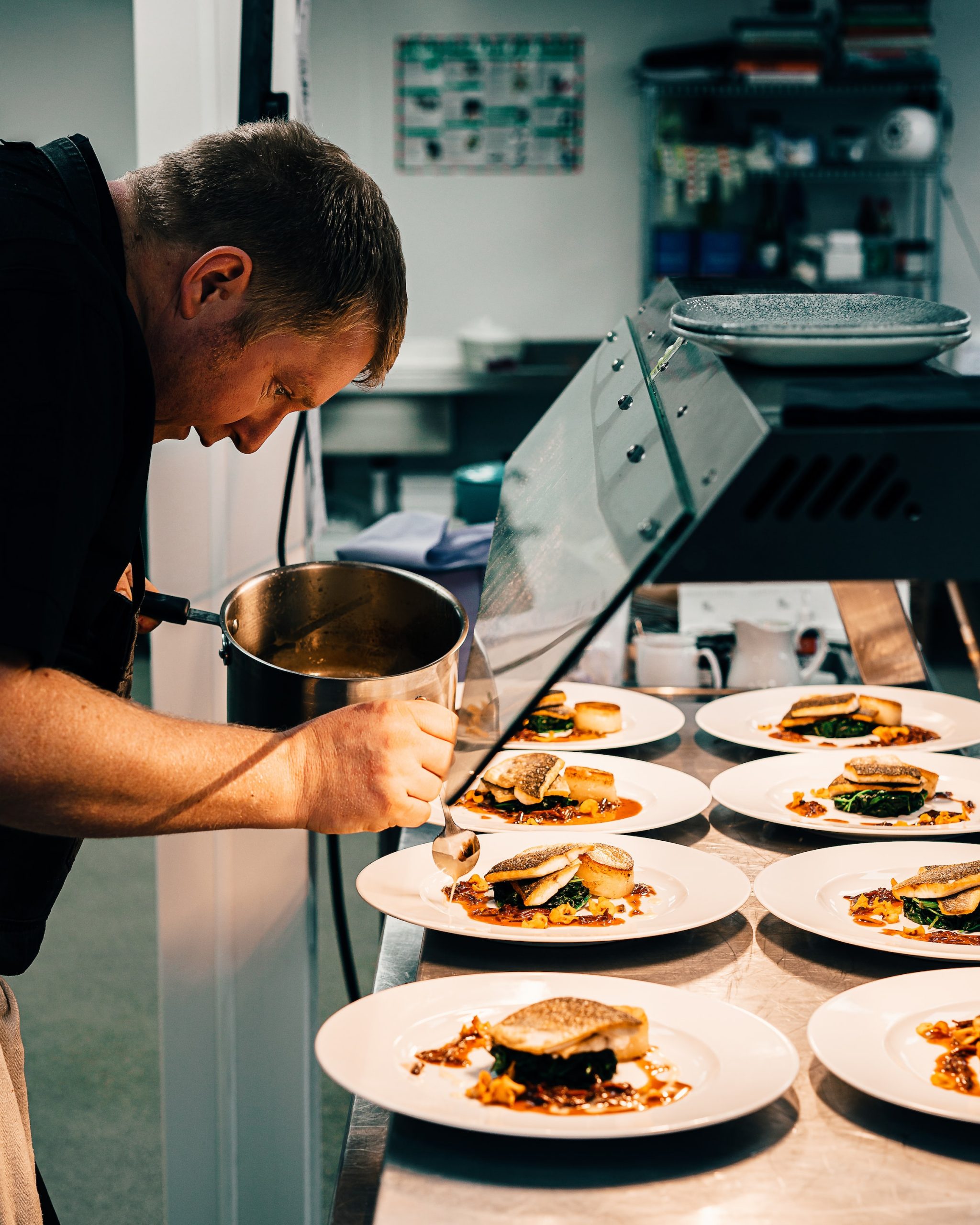Generally, the activity of a caterer consists in preparing and cooking dishes for receptions or restaurant dishes. However, this type of job cannot be improvised, especially if you want to start as an auto-entrepreneur. Indeed,
Generally, the activity of a caterer consists in preparing and cooking dishes for receptions or restaurant dishes. However, this type of job cannot be improvised, especially if you want to start as an auto-entrepreneur. Indeed, you will have to anticipate the steps to follow, as well as the conditions to fulfill in order to maximize your chances of success. See through this article everything you need to know to become a caterer.
Qualities required to become a caterer

The catering profession requires a degree in this field or to have at least three years of professional experience in this sector, with the following qualities and skills:
-
- Being passionate about cooking: very important, as most of your days will consist of preparing dishes. Moreover, it is imperative to master the various basic culinary techniques and to be innovative in order to develop customer loyalty.
-
- Have a good commercial sense: the profitability of your activity depends entirely on your marketing strategy for the sale of your dishes and your services
-
- Be a good logistician: you must know how to manage your provisions and your stocks in order to avoid any wastage and to be able to generate higher margins.
-
- Have a good sense of relationship: you must have the ability to listen and understand others. Among other things, your watchwords must be synonymous with offering, helping, pleasing, and empathy!
Fixed or mobile caterer: which one to choose?
In the field of catering, there are two main types:
-
- The fixed caterer: which consists in preparing various dishes and meals to take away or to consume on the spot, in your own restaurant or store.
-
- The itinerant caterer provides various event services on order (weddings, baptisms, banquets, business seminars, etc.).
However, with the strong competition in this sector, almost all caterers are versatile. Therefore, if you are also planning to launch such projects, it is in your interest to offer a complete catalogue of services and culinary trends in order to face the competition.
What is the legal structure for choosing to become a caterer?

Within the legal framework, three options are available to you for the legal structure of catering service:
-
- The micro-enterprise: if you are an individual entrepreneur. This structure allows you to benefit from simplified creation procedures because you don’t have to draw up statutes or keep rigorous accounts like other commercial companies. Indeed, you will only need a simple register of receipts and expenses. However, be careful because, with a microenterprise, your annual turnover must not exceed €176,200, excluding VAT, for two consecutive years. To create your microenterprise, you will have to declare the beginning of your activity by filling in the P0 form online. In addition to this form, you must also send your identity document as well as a declaration of non-conviction on your honor.
-
- The one-person business company (EURL or SASU): if you are setting up your company alone as the sole partner. It does not engage your responsibility for the amount of the contributions that you have added to the share capital (movable or immovable property, money, etc.). Moreover, the law does not require a minimum or maximum amount for your share capital. You will also have the choice between income tax and corporate tax. On the other hand, the creation of a commercial company is not as simple as the creation of a micro-enterprise. Indeed, you must not only write the articles of association but also fill in the M0 creation form and file your file at the clerk’s office of the commercial court to register your company.
-
- The multi-person company (SARL and SAS): if you wish to associate with one or more persons. It has the same advantages and disadvantages as the one-person company. Except that a SARL manager holding more than 50% of the shares will be covered by the social security system for self-employed persons, not an employee.
Sound off in the comments section below, and tell us what you want to read next and if you want to read more about being a caterer in France.

